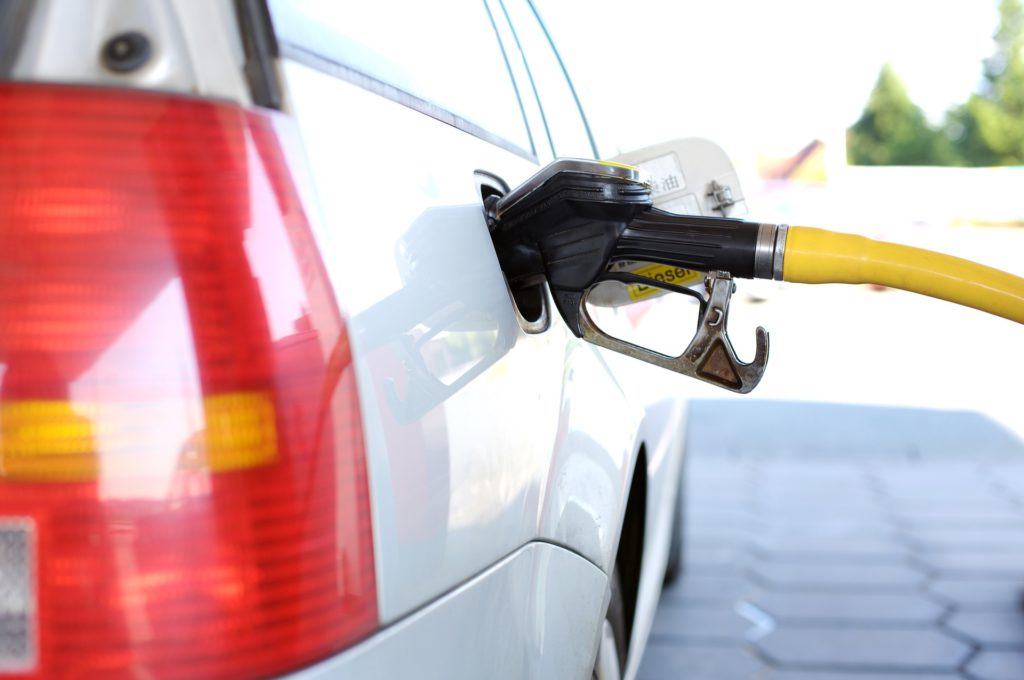UK fleet interest in petrol, hybrids grows as industry predicts diesel decline
27 April 2017

27 April 2017
A survey of 200 UK fleet operators shows a growing interest in petrol and alternative fuel vehicles (AFVs), particularly hybrids, as the UK catches up with sentiment seen in other European markets such as France.
The ExpertEye Fleet Industry Review report also reveals evidence that more companies are putting petrol cars on their choice lists as fleet operators gear up for the expected shift to avoid being left behind. While diesel remains the dominant fuel, with 80% of tax-paying company car drivers driving diesels, around one-third of fleets predict a decline in the share of diesels over only the next two years – suggesting that the core growth markets for the industry are now elsewhere.
Of the fleets interviewed, 67% now offer petrol – more than two-thirds. Historically, this figure was around 40%, showing a marked uptake.
However, it is actually hybrids that are expected to account for the greatest potential for growth, alongside petrol, electric range extenders and fully electric vehicles.
The report concludes: ′It is likely we will see a greater penetration of these vehicles in future, with diesel representing a gradually declining percentage of the vehicles in corporate fleets.’
Currently, the report says that 62% of companies have hybrids in their fleets. However, such a statistic can be misleading, as this could in some cases be little more than a token nod of a few vehicles to boost image rather than concerted effort towards serious dedicated sales growth channels. 24% also have electric range extenders and 22% fully electric vehicles.
The industry also needs to be prepared for relatively sudden jolts towards AFVs brought on by policy change.
A growing tide of cities across Europe (including London, Paris, Brussels, Madrid, Stuttgart, Cologne, Athens, Barcelona, with the list rapidly growing) are considering banning or heavily penalising diesel vehicles in city centres, due to their high levels of human-toxic NOx gases.
Diesel became popular in Europe due to its high fuel economy, with both politicians and OEMs embracing the technology due to its lower CO2 emissions compared to petrol, which helped meet climate change-focussed emissions targets around the turn of the century. Many motorists also bought them as they believed they ′pollute less’ than petrol equivalents. However, spurred on by 2015’s Dieselgate backlash, NOx emissions have now risen to the top of the emissions public debate.
The UK is currently discussing preparing a diesel scrappage scheme to help drivers cope with the incoming dirty vehicle restrictions and to meet its legal air pollution obligations.
The SMMT lobby is worried that this ′diesel bashing’ will result in politicians failing to distinguish between the progress made with Euro 6 diesels and therefore, perhaps for purely political means through impact by simplification, branding the entire diesel image as toxic. People dwelling in cities under the threat of diesel-punishing measures may also increasingly avoid the technology, even if the cars are not currently covered by the penalties, out of fear that the scheme may be expanded to cover their cars in the future. The SMMT is also worried on the impact on UK car production, which has just reached a 17-year month on month high.
SMMT chief Mike Hawes said: ′A large proportion [of the cars built in the UK] are the latest low emission diesels, and it’s essential for future growth and employment that we encourage these newer, cleaner diesels onto UK roads and avoid penalising consumers who choose diesel for its fuel efficiency and lower CO2 emissions.’
Almost half of the vehicles that are made on British production lines are diesels, with SMMT warning that anti-diesel policy initiatives risk seriously damaging the UK car industry’s revival. UK auto plants are already under pressure from the fallout from the EU referendum, with them facing uncertain trading conditions following Brexit. Many are currently under threat, such as engine plant Bridgend and Vauxhall’s core car plant Ellesmere Port.